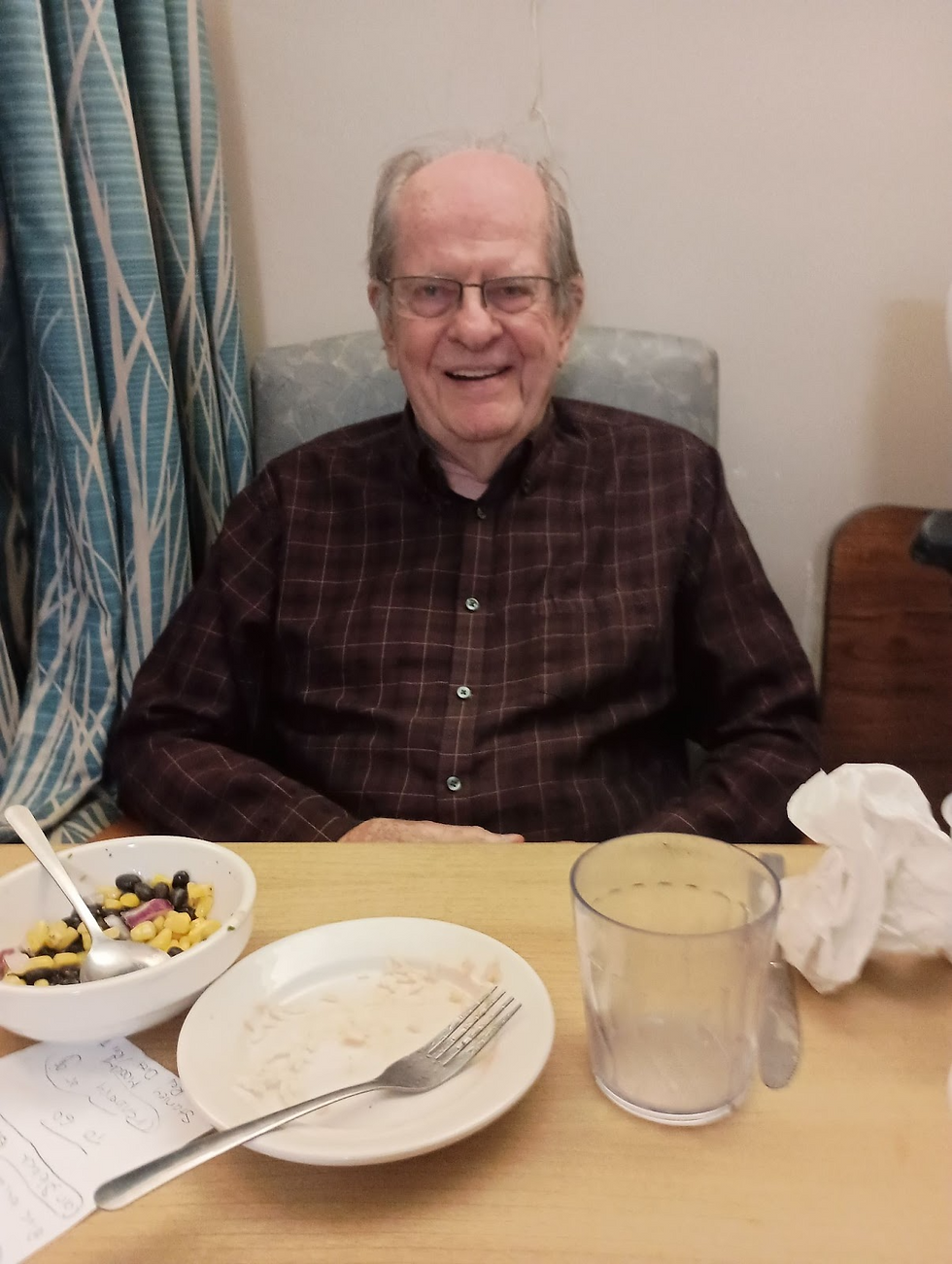From Pastor to Prison Advocate: The Journey of Stan Moody
- bmoodyasaa
- Jun 13, 2025
- 3 min read

The story of Brandon Boone Drewry might never have been told if not for Stan Moody, a former pastor and prison chaplain who became an unlikely but passionate advocate for the incarcerated. BAYSIDE JUSTICE: State Of Maine Vs. Brandon Boone Drewry is the result of Moody’s deep dive into Drewry’s case, uncovering the legal failings that led to his conviction. But what motivated Moody to take on this cause, and how does faith intersect with his pursuit of justice?
1. From Pulpit to Prison Ministry
Moody’s journey toward advocacy was not an obvious one. In BAYSIDE JUSTICE, he recounts how his path from theological studies to Maine State Representative to prison chaplaincy was shaped by a growing concern for the marginalized. His background in faith provided a unique lens through which he viewed issues of justice and morality.
Key moments in his journey include:
His theological studies at Gordon-Conwell Theological Seminary, which transformed his understanding of justice.
His experience as a pastor, where he witnessed firsthand the struggles of individuals on society’s margins.
His role as a chaplain at Maine State Prison, where he encountered Drewry and began questioning the fairness of the criminal justice system.
2. The Role of Faith in the Fight for Justice
Moody’s advocacy is deeply rooted in faith. The Bible frequently speaks about justice for the oppressed, and Moody saw firsthand how the incarcerated—particularly those like Drewry—were often denied the justice they deserved.
Faith plays a critical role in prison advocacy in several ways:
Compassion for the Marginalized – Moody’s work aligns with biblical teachings that emphasize care for the poor and forgotten. He saw Drewry not just as a convict, but as a human being deserving of dignity.
Hope in the Face of Injustice – Many incarcerated individuals, including Drewry, find solace in faith. Moody’s presence as a chaplain provided spiritual support, reminding prisoners that they were not abandoned.
A Moral Obligation to Speak Out – Faith compels action. Moody’s decision to write BAYSIDE JUSTICE was a direct response to his belief that truth and justice must be pursued, regardless of personal risk.
3. Challenges of Advocating for the Incarcerated
Becoming an advocate for prisoners is not easy. Moody faced significant pushback from a system that prefers silence over scrutiny. He encountered:
Resistance from law enforcement and judicial authorities who viewed his advocacy as a challenge to their credibility.
Societal indifference—many people assume that those in prison are guilty and undeserving of further attention.
Personal struggles with how to balance justice with forgiveness, particularly in cases where evidence was ambiguous.
4. The Legacy of Moody’s Work
Moody’s work in BAYSIDE JUSTICE is more than just a book—it’s a call to action. By documenting Drewry’s case, he sheds light on broader systemic issues, including:
The failures of the public defender system.
The biases against homeless and indigent defendants.
The need for prison reform and alternatives to mass incarceration.
His journey from pastor to prison advocate serves as an example of how faith can be a force for meaningful change. As Moody himself reflects in the book, “If we do not stand up for the least among us, then justice means nothing.”
Stan Moody’s transition from pastor to prison advocate highlights the power of faith-driven activism. BAYSIDE JUSTICE is not just a case study of one man’s legal battle but a testament to the broader mission of seeking justice for the forgotten. Through his advocacy, Moody reminds us that the fight for justice is not just legal—it is moral, spiritual, and deeply human.


Comments